Credit Cards
What happens if you go over your credit limit?
If you are thinking about going over your credit limit or have already done it and are wondering if there are consequences, we are going to help you figure it out.
Advertisement
Have you gone over your credit limit, or are you planning to do so? Read this article to learn what this entails

A credit limit is the maximum amount of money that a credit card holder can borrow. Every time you use your credit card, it increases your account balance and decreases your available credit. Going over this limit is known as exceeding your credit limit.
For example, if you have a limit of $5,000, and you make a purchase of $250, your remaining credit is $4,750.
If you make more purchases after this, exceeding $4,750, you risk incurring fees and damaging your credit score. It’s important to keep track of your credit limit and available credit to avoid exceeding it.
According to a 2020 study by the Consumer Financial Protection Bureau (CFPB), around 7% of credit card accounts had balances that exceeded their credit limits.
Additionally, the study found that these accounts were more likely to have higher interest rates and fees.
Also, consumers who exceeded their limits were more likely to have lower scores and more difficulty making payments.
Another study by Credit Karma in 2020 found that 30% of consumers have exceeded their credit limit at least once.
Furthermore, the study found that the average credit card balance for consumers who exceeded their credit limit was $8,158.
Going over your credit limit can not only result in fees, but also in a damage to your credit score. Read on and learn how to avoid all of these.
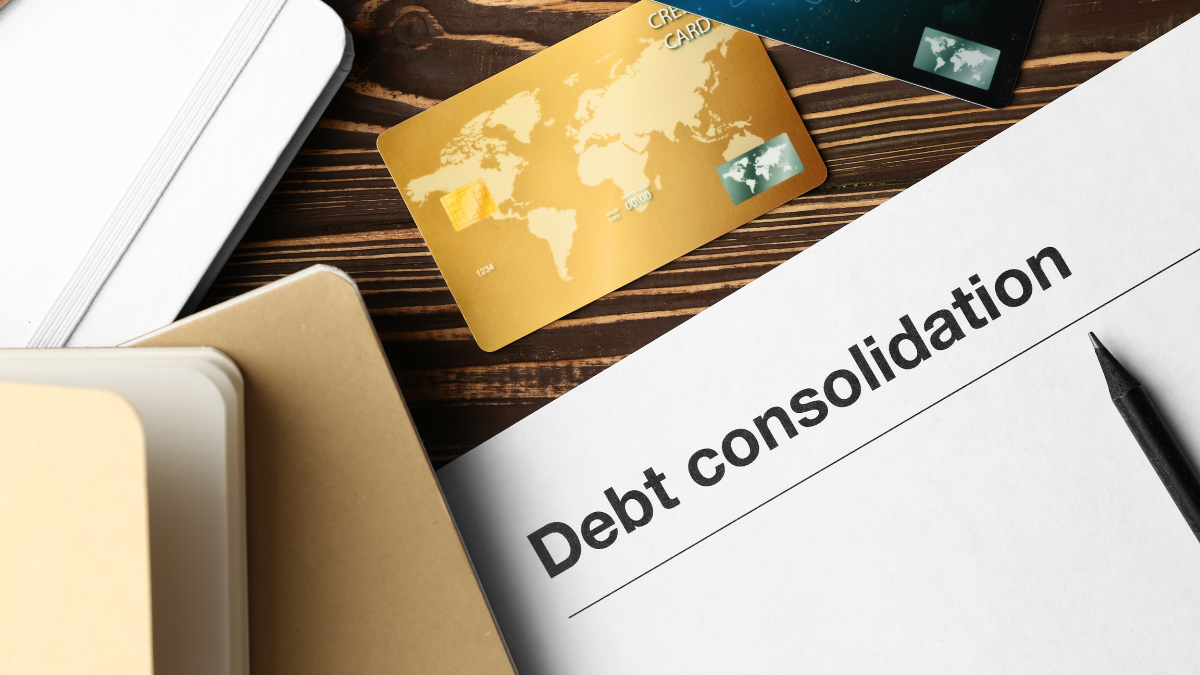
How to onsolidate your credit card debt
If you're struggling to pay off your credit card debt, there are several ways to consolidate it. Learn about the options available to you.
Am I Allowed To Go Over My Credit Limit?

Every time you use your credit card, it increases your account balance and decreases your available credit. Going over this limit is known as exceeding your credit limit.
For example, if you have a $5,000 limit, and you make a purchase of $250, the remains is $4,750.
If you make more purchases after this, exceeding $4,750, you risk incurring fees and damaging your credit score.
The amount your issuer will allow you to borrow beyond your limit is typically unknown. The factors a card issuer evaluates to determine any buffer beyond your limit may be many.
They include your past payment history and any bank balances you maintain with your issuer.
The credit limit itself also depends on three distinct factors:
- Financial Situation: Card issuers look at your debt, income and other obligations when choosing an appropriate credit limit. This is all information you may be asked to provide when signing up for a card. If it’s clear money is available to easily cover a higher bill, card issuers may sometimes increase a limit.
- Credit Score: Credit history is also considered when evaluating a card’s limit. A higher credit score may result in a higher credit limit.
- Other Factors: The financial position of the lender as well as general economic conditions may affect your individual credit limit. Some cards have certain parameters dictating credit limits. Secured cards place limits on a line of credit based on how much a consumer deposits as collateral.
You will be redirected to another website
By submitting this form, I agree that I am 18+ years old and I agree to the Privacy Policy and Terms and Conditions. I also provide my signature giving express consent to receive marketing communications via automated emails, SMS or MMS text messages and other forms of communication regarding financial products such as credit card and loans. Message frequency varies and represents our good faith effort to reach you regarding your inquiry. Message and data rates may apply. Text HELP for help or text STOP to cancel. I understand that my consent to receive communications is not a condition of purchase and I may revoke my consent at any time.
Watch out!
It’s important to keep an eye on your balance and available credit to avoid exceeding it. Going over your it can result in fees and damage to your credit score.
It’s also a good idea to check your score on a regular basis to ensure that your limit is appropriate for your financial situation.
So, Is It Ok For Me To Go Beyond My Credit Limit?

We do not recommend you exceeding your limit. Credit card issuers often charge overlimit fees when cardholders go beyond their credit limit.
Federal law requires cardholders to agree to these fees, but you can opt-out of the ability to charge more than your limit.
If you opt-out, transactions will decline when you reach your limit. Even when opted in, transactions may also be denied if you have exceeded or are about to exceed your limit.
To maintain a good credit score, it’s important to keep your credit utilization rate low. This is the ratio of your overall credit card debt to your total available credit.
The Consumer Financial Protection Bureau recommends keeping it below 30%, but for best results, we recommend you keep it below 10%.
To avoid going over your limit, make payments against your balance throughout the month, and ensure the whole balance is paid off before its due date.
Keep in mind, the higher your credit limit, the more you can spend before it affects your credit utilization rate. But having a higher limit also increases the chance of creating debt.
What If I Do Exceed My Credit Limit?
This can have negative consequences on your credit score. When you overspend, it can be seen as a sign that you’re struggling to manage your credit. This can affect your credit utilization rate.
This ratio compares the amount of credit you’re using to the total amount of credit available to you. The lower this ratio, the better it is for your credit score.
It’s important to note that going over your credit limit can also result in overlimit fees, which can add up quickly.
These fees are outlined in your cardholder agreement and some issuers allow you to opt-out to avoid them. However, even if you opt-out, your transactions will still be declined if you exceed your limit.
To avoid these negative consequences, it’s best to keep an eye on your credit limit and avoid coming close to exceeding it.
Make payments against your balance throughout the month and ensure that your balance is paid off before the due date. This way you can maintain a low credit utilization rate and avoid overlimit fees.
How Can I Avoid Going Over My Credit Limit?
Avoiding going over your credit limit is crucial for maintaining good score. To do so, you can take the following steps:
- Be aware of your credit limit. Log onto your online account or check a recent statement to find your limit. Keep in mind, credit card issuers may lower or raise limits automatically based on creditworthiness evaluations.
- Opt out of overlimit fees. Credit card issuers typically need your permission before charging these fees. You can opt out of transactions that would put you over the limit.
- Keep your balance minimal. Maintaining a balance below 30% of the limit will help your score and keep you away from the limit.
- Choose to receive balance notifications. Some credit card issuers will send you an alert when you hit a certain balance or percentage of the total limit. This can help you avoid getting too close to the limit.
- Educate yourself about your limit and the consequences of going over it. By knowing where the limit is and the potential fees, you can equip yourself to avoid the consequences.
Recommendation: Red flags to avoid a credit card
The first step to using your credit card the right way is to pick the right one. It will be easier to use a good credit card than a bad one.
To help you identify these red flags, we’ve written a full article about them. You can find it on the following link.

Credit Card red flags to avoid
Read this article to get a better grasp of important credit card red flags to avoid when you apply for a credit card.
About the author / Danilo Pereira
Trending Topics
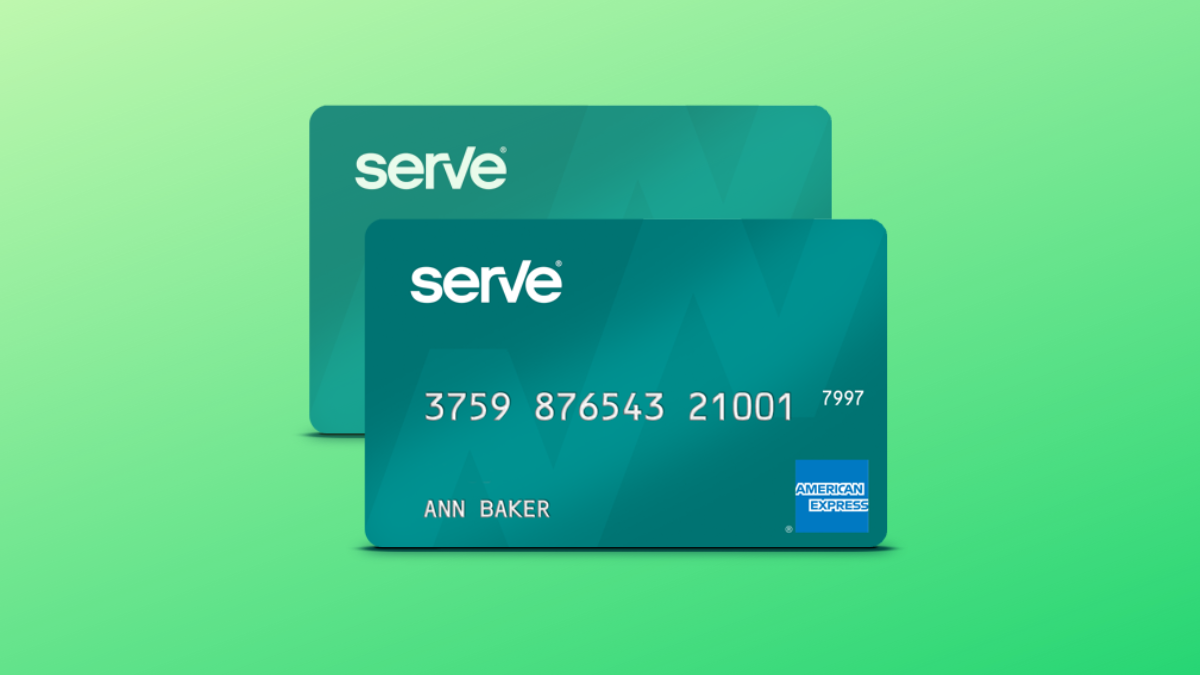
American Express Serve® FREE Reloads Card review
Check out this American Express Serve® FREE Reloads Card review to learn all about the features, highlights and lowlights of this card.
Keep Reading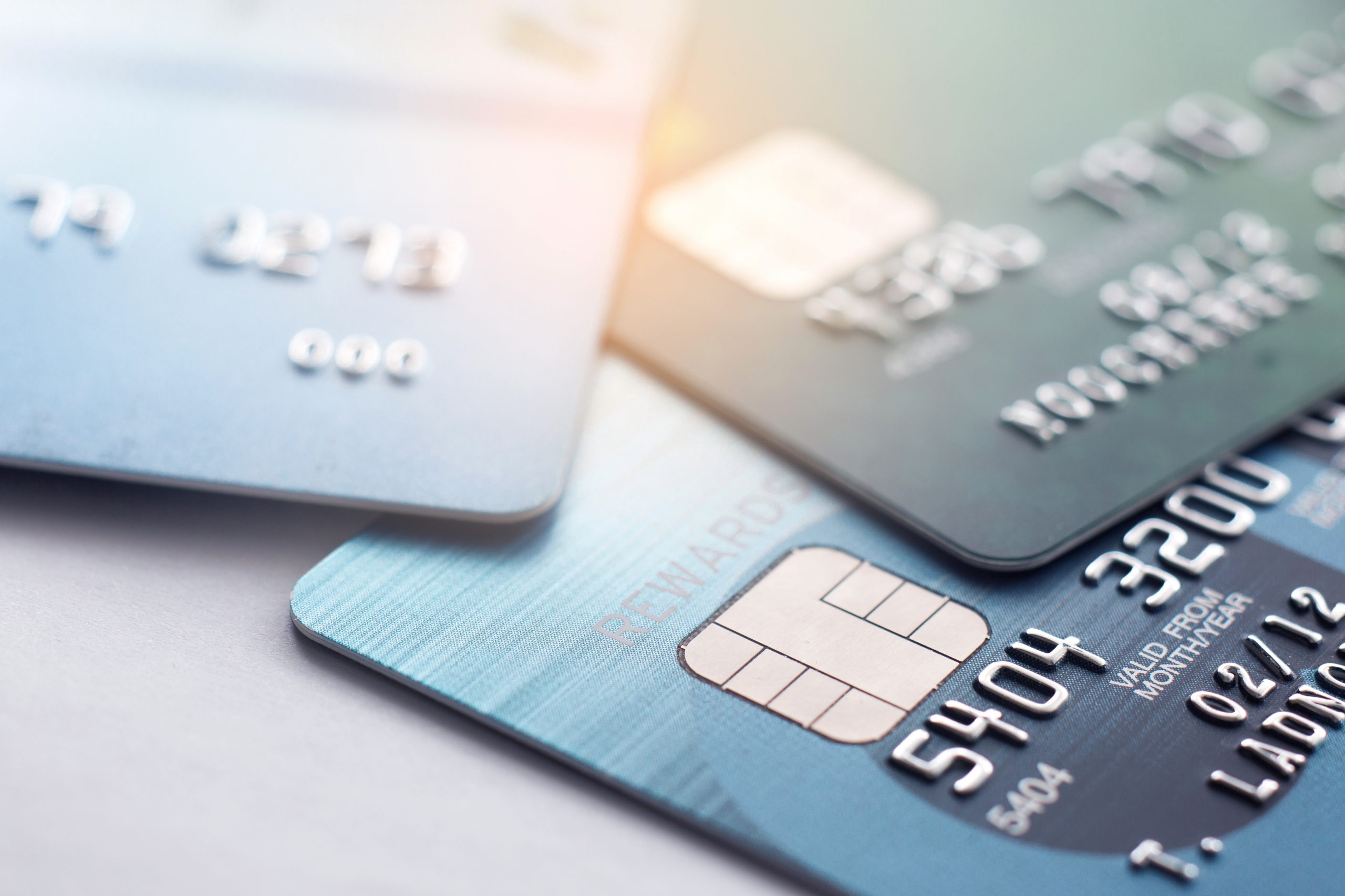
The Best Instant Approval Department Store Credit Cards
Don't wait to shop in style! Our blog post showcases the best department store cards that offer instant approval.
Keep Reading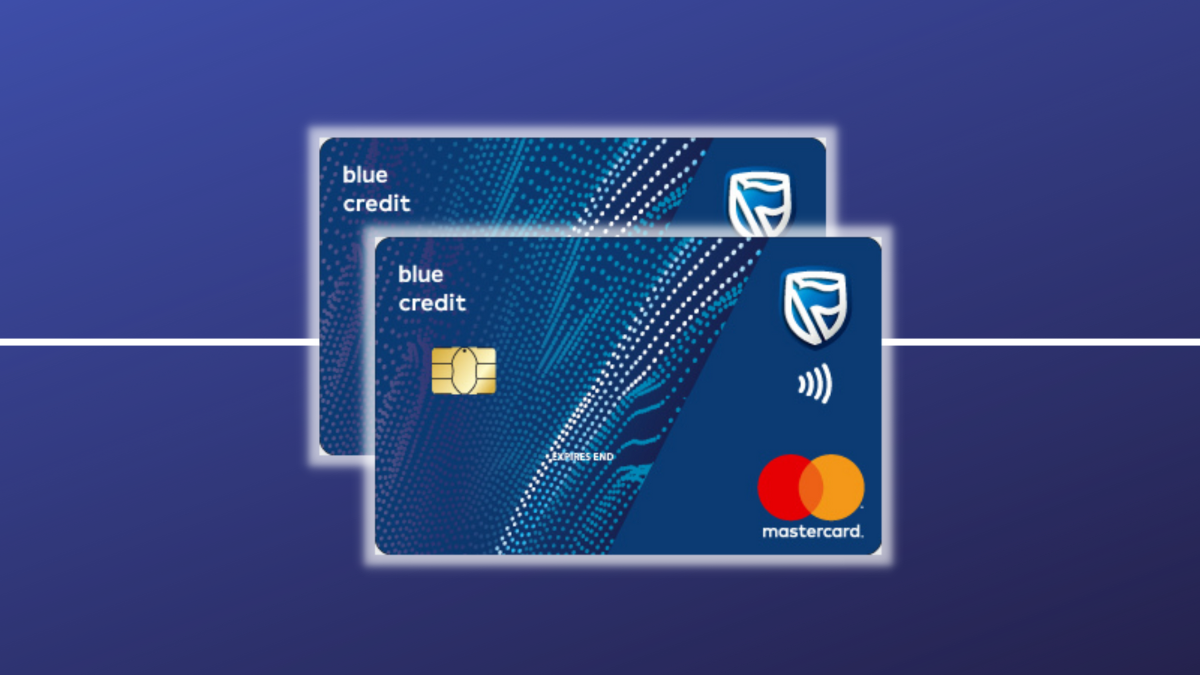
Standard Bank Blue Credit Card review: Affordable Credit Card with Benefits
In this Standard Bank Blue Credit Card review you will see how you can earn UCount Rewards, Travel Insurance, and more with this card!
Keep ReadingYou may also like
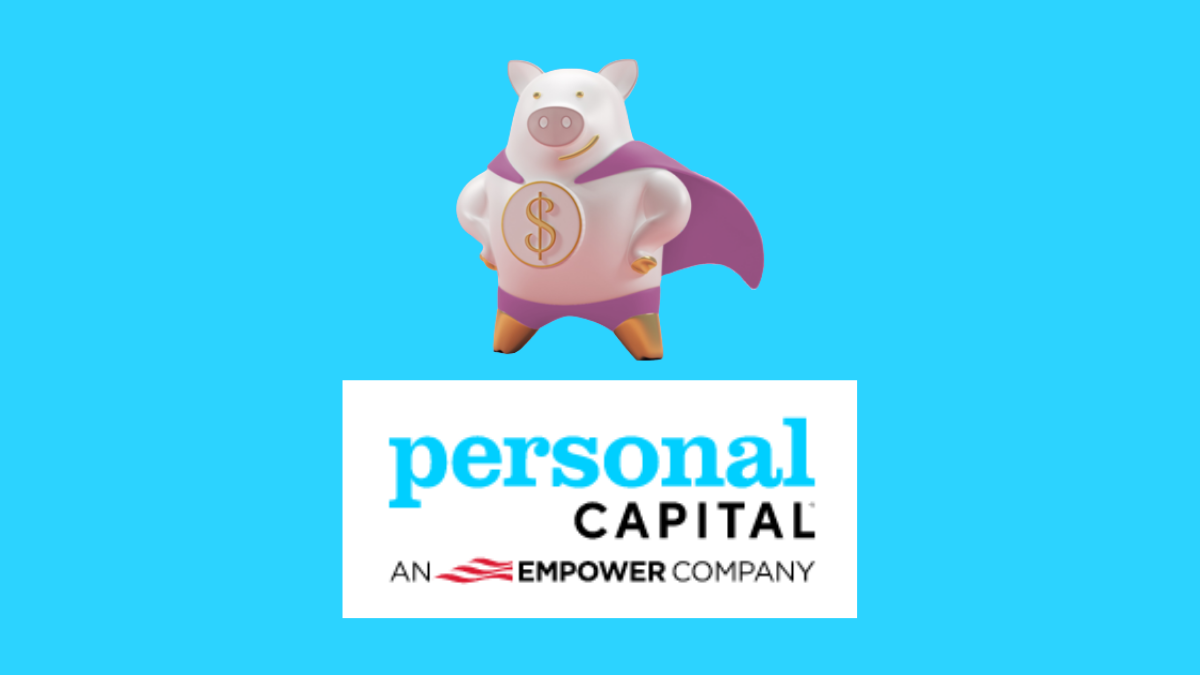
Personal Capital Cash Account application
To enjoy all the benefits of the Personal Capital Cash account, read this article and learn how to open your account online.
Keep Reading
ANZ Personal Loans review: Your Key to Turning Dreams into Reality
Looking for a reliable lender? ANZ personal loans offer competitive rates and a trusted reputation. Borrow up to $50K easily!
Keep Reading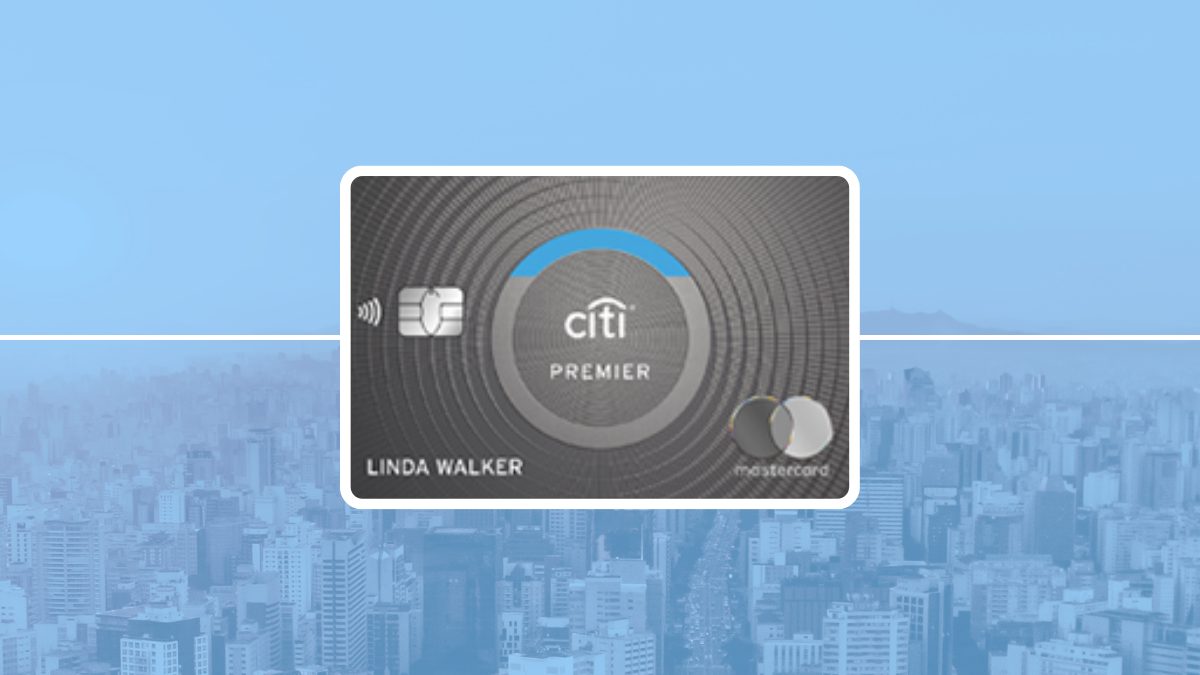
Citi Premier® Card review
Do you want to earn excellent rewards when you travel? Check out our Citi Premier® Card review to see if it's the best credit card for you.
Keep Reading